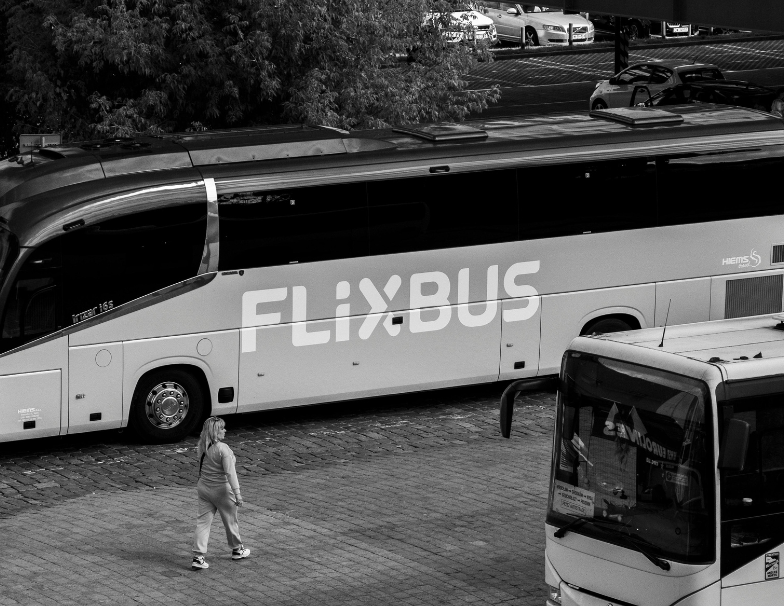Plan Corporate Event Transportation Without Breaking Your Budget

Looking to save money on transportation? This guide will show you how to plan a budget for event transportation effectively. You’ll learn how to estimate costs, choose the best transportation options, and find smart ways to cut expenses for a corporate event.
Key Takeaways
- Effective transportation planning is vital for corporate retreats to ensure timely arrivals and an enjoyable attendee experience.
- Understanding your group’s unique transportation needs and considering multiple options helps create a tailored plan within budget constraints.
- Setting a comprehensive transportation budget and optimizing logistics can significantly reduce costs while improving efficiency for large group transportation.
Why Transportation Planning is a Crucial Part of Corporate Retreat Logistics
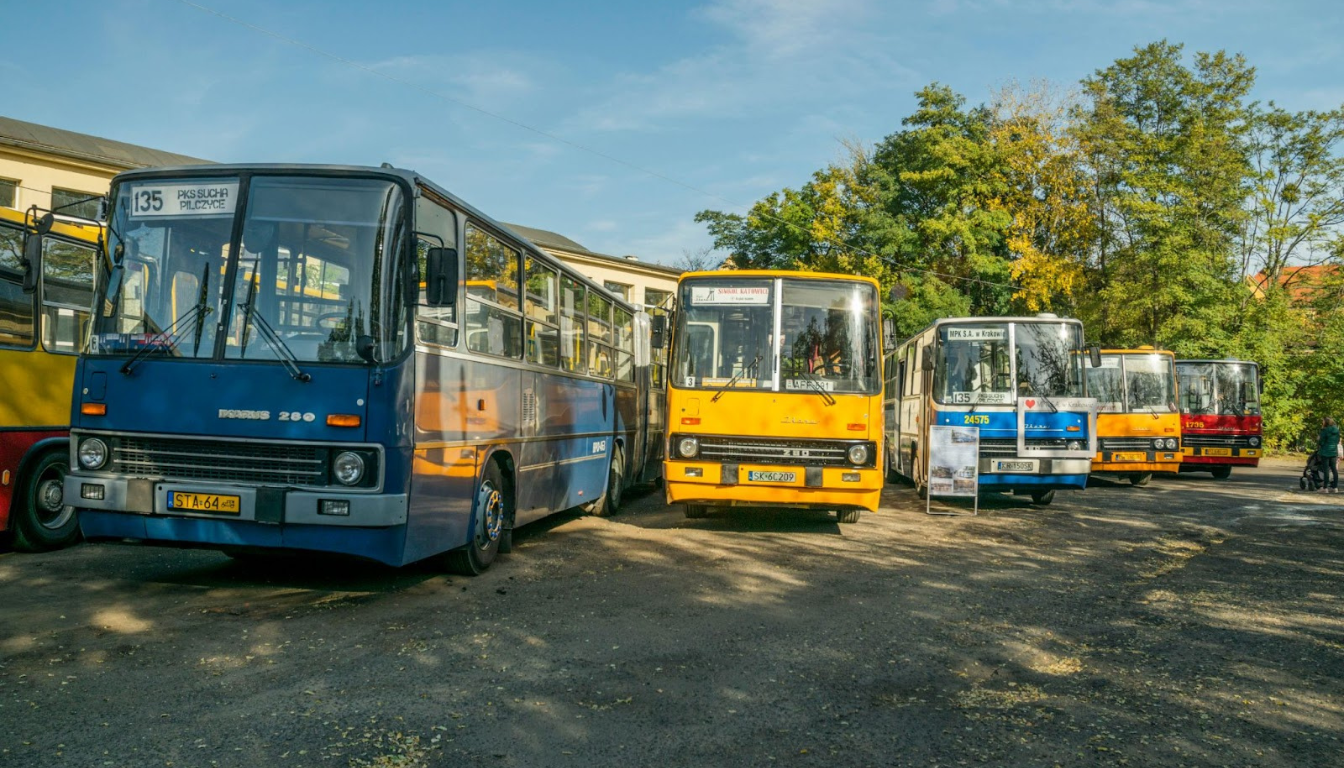
Transportation planning is essential for corporate event logistics. The success of your retreat depends on attendees attending on time and in good spirits. Ignoring this aspect can derail your plans, causing delays, missed sessions, and frustration. A well-executed plan ensures everyone arrives relaxed and ready to engage in meetings.
Transportation is more than moving people from point A to point B; it’s about creating a seamless journey that reflects your company’s professionalism. Efficient services enhance the attendee experience, showing you value their time and comfort. Careful planning prevents logistical issues, ensuring your event runs smoothly from start to finish. This is a matter of priority for any successful event.
Transportation planning should be prioritized early in the event planning process. Addressing it upfront allows you to anticipate potential issues and develop contingency plans for unexpected situations. This approach safeguards your event and helps manage your transportation budget more effectively.
Understand Your Group’s Transportation Needs
Understanding your group’s transportation needs is the first step in creating an effective plan. Start by assessing headcount, accessibility requirements, and travel distances. Knowing the number of people requiring transportation and their specific needs is crucial for selecting the right services.
Consider the timing, route complexity, and multiple pick-up/drop-off points involved. Different groups have varying schedules and requirements, necessitating a flexible and accommodating transportation plan. Address questions such as whether attendees will arrive at different times and if shuttle services from various locations are needed during your scheduling planning process.
With a clear understanding of your group’s needs, explore the various transportation options available. This helps make informed decisions that align with your budget and event goals.
Event Transportation Options for Corporate Retreats
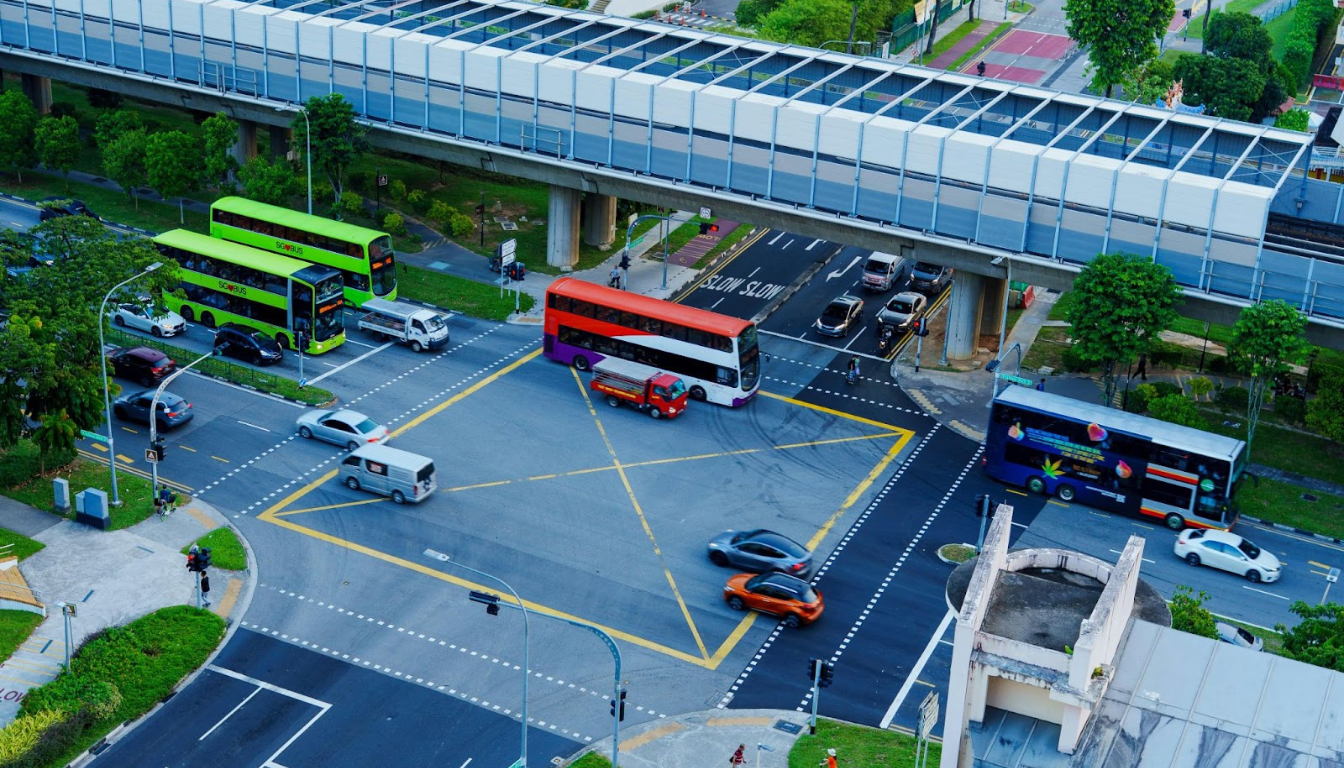
Choosing the right transportation option for your corporate retreat depends on your group size and location. Here are some common options to consider:
- Charter buses are ideal for large groups. They offer cost-effective transportation and can accommodate a significant number of passengers. The average charter bus rental cost can vary, but they often include amenities like Wi-Fi and restrooms, making them a comfortable choice for longer trips.
- Sprinter vans are suitable for smaller groups. They provide a more personal and flexible transportation solution, especially for short distances. They can navigate tight spaces and are often more economical than larger buses.
- Executive shuttles offer a premium experience with luxury features. These are perfect for high-profile clients or executives who require a higher level of comfort and service. They often come with amenities like leather seats, DVD players, and more.
- Rideshare services like Uber or Lyft can be used for individual or small group transportation. They offer flexibility and can be a good option for last-minute arrangements, although costs can add up quickly.
Each option has its pros and cons:
- Charter buses: great for large groups but may lack route flexibility.
- Sprinter vans: versatile but have limited seating.
- Executive shuttles: provide luxury at a higher cost.
- Rideshare services: flexible but can become expensive and less reliable for large groups.
Determining the best option involves balancing attendees’ needs with your budget. Once you’ve chosen the right mode of transport, set and estimate your transportation budget for the destination.
How to Estimate and Set a Transportation Budget

Setting a transportation budget requires understanding various cost components such as:
- Base rates
- Mileage charges
- Driver fees
- Tolls
- Fuel
- Overtime
Knowing these details helps create a realistic budget covering all aspects of transportation services with a focus on access efficiency in the world. For example, understanding this data can lead to a significant role in better planning of the total cost.
Buffer your budget for delays, emergencies, and last-minute changes. Unforeseen circumstances may arise, and a financial cushion can prevent your event from going over the money budget. Bad weather, for instance, might require additional transport arrangements or extended shuttle services, so it’s wise to wait to advance your contingency plan.
Average charter bus rental costs vary based on distance, duration, and time of year. Understanding these factors helps negotiate better deals and avoid unexpected expenses. Proper budgeting provides a clear financial roadmap and effective resource management. Charter bus rentals can also be a cost-effective option for group travel.
Optimize Transportation Logistics for Events
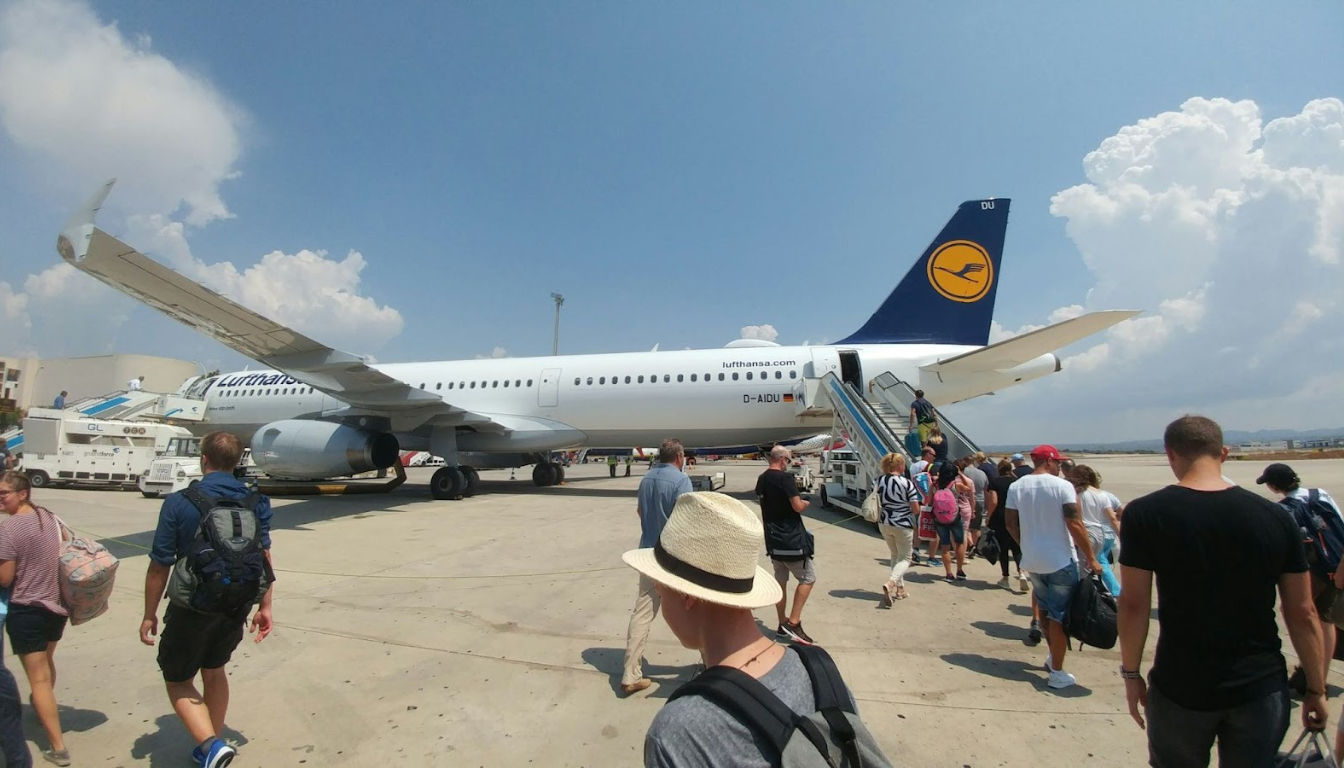
Optimizing logistics can significantly reduce costs and improve efficiency. Plan routes and schedules efficiently to minimize travel time and fuel consumption. Organize pickup and drop-off timings with your event agenda to ensure attendees are where they need to be on time.
Centralizing lodging can minimize transfers and simplify logistics. Benefits include:
- Easier organization of shuttles and management of schedules when attendees stay in the same area
- Reduced transportation planning complexity
- Significant cost savings
Utilizing real-time updates and communication tools can enhance the attendee experience and manage unexpected changes. Real-time updates on shuttle services and schedules keep everyone informed and reduce stress. Effective planning ensures a smooth, successful event.
Cost-Saving Tips for Large Group Transportation
Saving on transportation costs for large groups involves strategic planning for many reasons. Early booking can secure volume discounts and better vendor rates. It also provides more options and flexibility in choosing the best services for your needs.
Bundled vendor packages that include both venue and transport can offer significant savings compared to booking separately, providing a clear benefit. Comparing vendors with flexible terms or free add-ons can further reduce costs.
To save costs:
- Be mindful of additional fees such as parking, tolls, and overtime charges.
- Avoid unnecessary expenses.
- Negotiate terms with vendors to stick to your budget.
- Plan transportation logistics efficiently.
Choosing the Right Transportation Partner
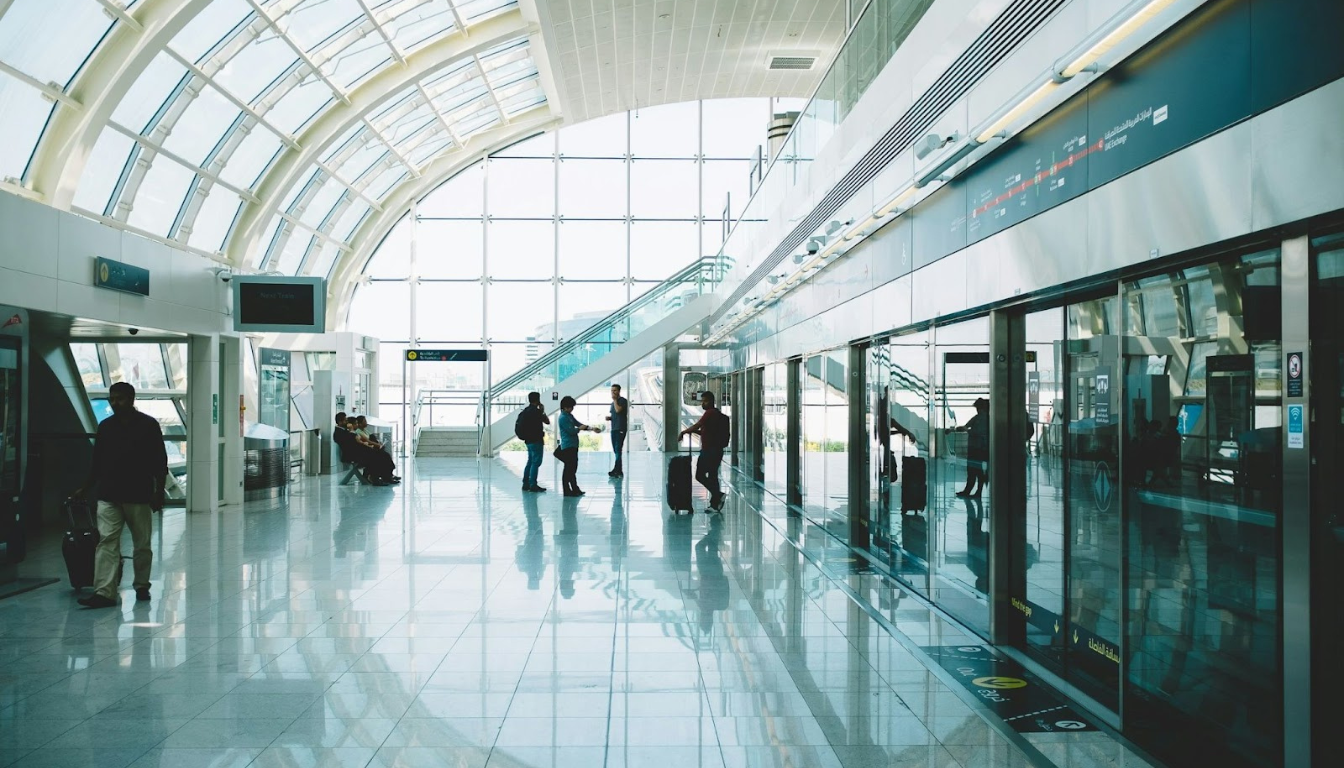
Choosing the right transportation partner is crucial for event success. Ask vendors about their insurance, experience, and safety contingency planning capabilities. These factors ensure your transportation needs are met professionally and reliably.
Dedicated corporate travel vendors provide specialized services tailored to corporate special events. They understand the unique requirements of business retreats and can offer specialized solutions. Clear communication with your transportation partner ensures smooth logistics and prompt issue resolution.
A trusted partner will have a well-maintained vehicle and experienced drivers. They should provide consistent, reliable service that enhances the attendee experience and ensures event success.
Summary
Effective transportation planning is essential for the success of any corporate event. Understanding your group’s needs, exploring transportation options, budgeting wisely, and optimizing logistics are key steps in this process. Choosing the right transportation partner ensures reliable and professional service.
By following the tips and strategies outlined in this guide, you can plan corporate event transportation without breaking your budget. Your attendees will appreciate the seamless experience, and you’ll be able to focus on the event’s success.
FAQs
- What are the key components to consider when setting a transportation budget?
When setting a transportation budget, it's essential to consider base rates, mileage charges, driver fees, tolls, fuel costs, and potential overtime. These components will give you a comprehensive understanding of your overall expenses.
- How can I save money on large group transportation?
To save money on large group transportation, book early, utilize bundled vendor packages, and compare options for flexible terms or free add-ons. These strategies can significantly reduce your overall costs.
- What should I ask potential transportation vendors?
Inquiring about a vendor's insurance coverage, experience in the industry, and their contingency planning capabilities is essential for ensuring reliable transportation services. This will help you assess their ability to meet your needs effectively.
- What are the benefits of using dedicated corporate travel vendors?
Using dedicated corporate travel vendors ensures access to specialized services tailored specifically for business needs, enhancing efficiency and potentially saving costs that general services may overlook. Their expertise can significantly improve the overall travel experience for your company.
You may also like
Unique spaces for your next offsite
Find distinctive venues for your upcoming corporate retreat.
Stay Updated with Our Insights
Get exclusive content and valuable updates directly to you.



